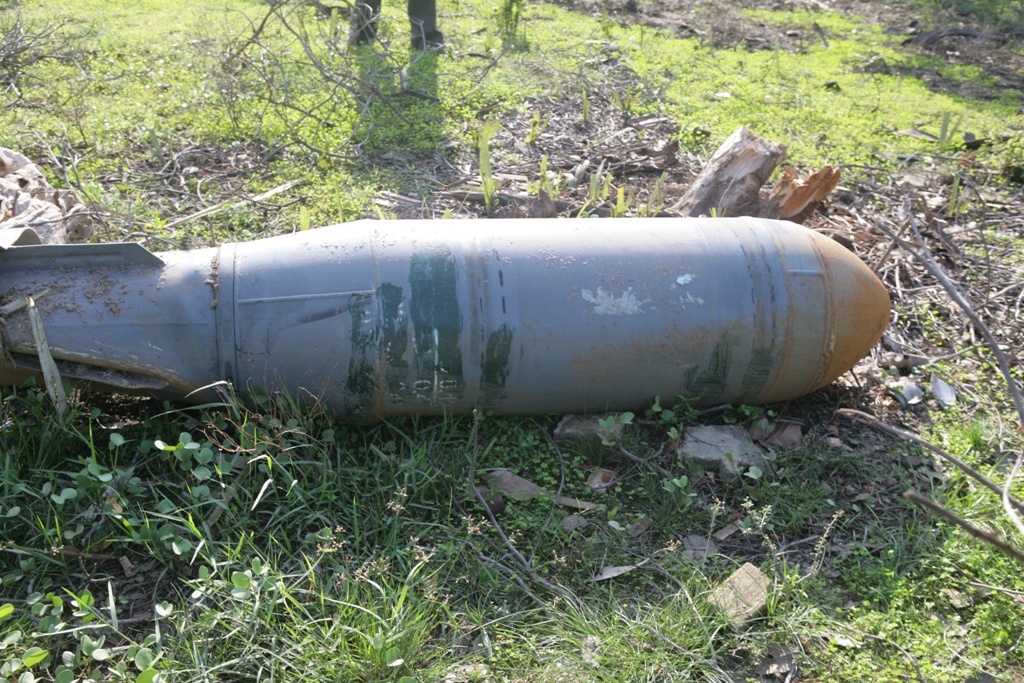
Cluster bombs found in Mullaiththeevu, January 2009. Courtesy of TamilNet |
A UN mine removal expert has reported the discovery of unexploded cluster munitions during demining work in Puthukudiyiruppu, officially recognising for the first time their use in Sri Lanka.
The confirmation comes after a young boy was killed and his sister injured after trying to prise apart explosive device for scrap metal to sell.
Cluster munitions are packed with small “bomblets” that break up upon release, spreading over a large area. They often indiscriminately harm civilians, lying unexploded long after their initial deployment, leading to them coming under intense international scrutiny.
In an email on Tuesday written by Allan Poston, the technical adviser for the U.N. Development Program's mine action group in Sri Lanka, he states,
“After reviewing additional photographs from the investigation teams, I have determined that there are cluster sub-munitions in the area where the children were collecting scrap metal and in the house where the accident occurred. This is the first time that there has been confirmed unexploded sub-munitions found in Sri Lanka,"
"Cluster sub-munitions are extremely dangerous items of (unexploded ordnance) and can explode with the slightest movement or touch,"
Sri Lankan government spokesman Lakshman Hulugalla immiediately said the military had not used cluster munitions.
"We are denying that information," he said.


